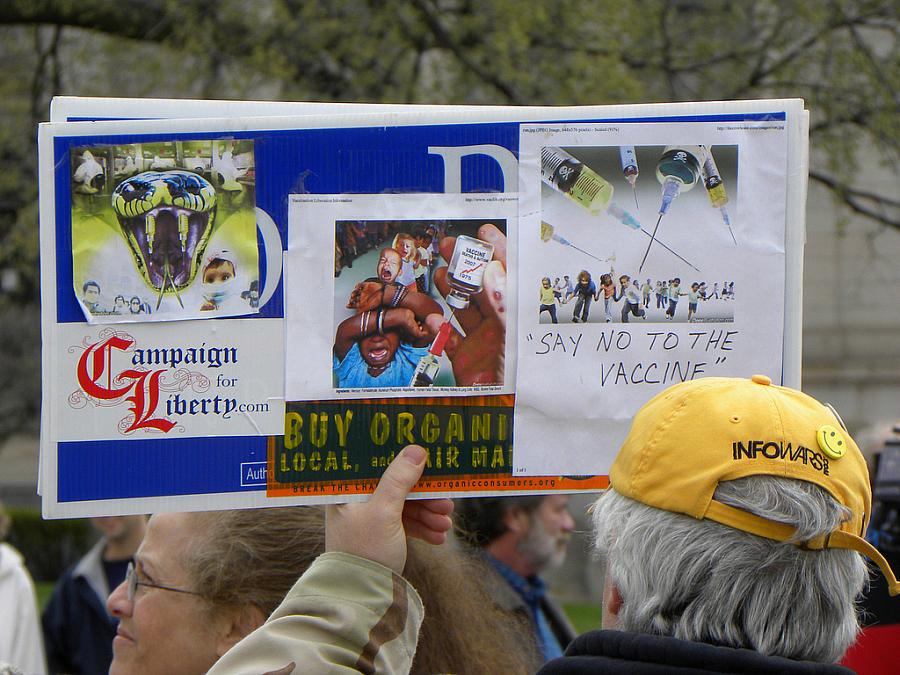Why journalists covering vaccinations should drop the politics

Overemphasizing conflict can lead to the misperception that the minority position is more prevalent than it is.
By Erika Franklin Fowler and Sarah Gollust
With rising media attention to vaccination in the wake of the measles outbreak in California, politicians have been weighing in with conflicting messages on vaccine safety. Prominent scholars have warned of the troubling consequences that coverage of political conflict and politicization may have on public support for vaccination. In fact, our newly published research demonstrates precisely that: For citizens less likely to have seen news about political conflict over the HPV vaccine, exposure to media coverage of political controversy – not general controversy – slightly decreased their support for vaccination, and, to a larger degree, their trust in doctors.
This finding suggests that media coverage of political conflict over the measles vaccine may not just affect the small anti-vaccination community, who are unlikely to change their minds on the subject anyway. It could have broader effects on public attitudes and beliefs.
Journalists — and their politician sources — play an important role in the extent to which an issue becomes and stays politicized in the public eye. Of course, politicians originate political conflict by weighing in with conflicting messages on an issue. Even those politicians who weigh in with the intent to correct or counter others risk perpetuating the conflict frame and keeping the controversy active in the news cycle.
Journalistic norms on covering controversy are well established, and we are not advocating that journalists avoid covering political conflict or controversy altogether. It is important to provide information about legislative or executive activities on a variety of issues. In fact, one potentially health-promoting consequence of the protracted measles vaccine debate is that legislatures are considering tightening vaccine exemption laws. However, new stories that offer “false equivalence” can lead to an overemphasis on views held only by a small segment of the population (such as the 2 percent of parents who opt out of all vaccines required at school). And that overemphasis on conflict can lead to the misperception that the minority behavior is more prevalent than it is. Or it can produce a backlash, driving groups even further apart.
Instead, we think journalists could more clearly communicate the medical community’s near-universal support for vaccination, without including partisan political cues. Including political cues in health stories enhances the tendency of busy readers and viewers to use short cuts to interpret complex information. Readers might base their understanding of the health topic, for instance, on whether they like or dislike the politicians mentioned.
Journalists would also do well to resist the temptation to provide references to prior political controversy on a topic. Such references only further perpetuate the politicization of an issue that is not a true political conflict. Support for vaccination programs does not currently fall along political lines (although state requirements differ in interesting and sometimes unexpected ways).
Our research suggests that covering this important public health issue requires some caution: Media can present the important role of policy in shaping immunizations but do so without inadvertently letting politics jeopardize existing support.
**
This post was written by Erika Franklin Fowler, assistant professor of government at Wesleyan University, and Sarah E. Gollust, assistant professor of health policy and management at the University of Minnesota.
Photo by Fibonacci Blue via Flickr.

